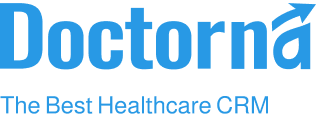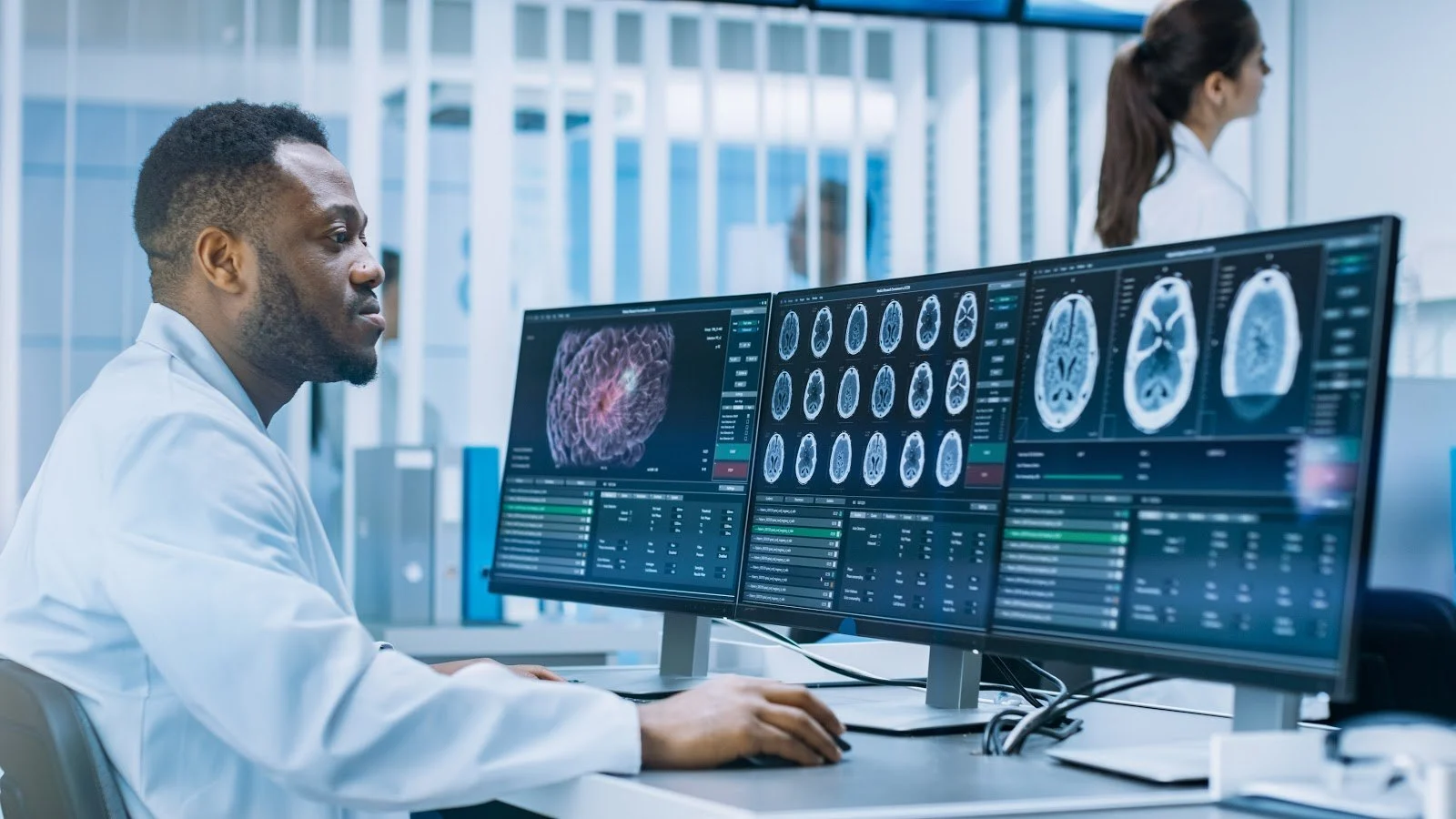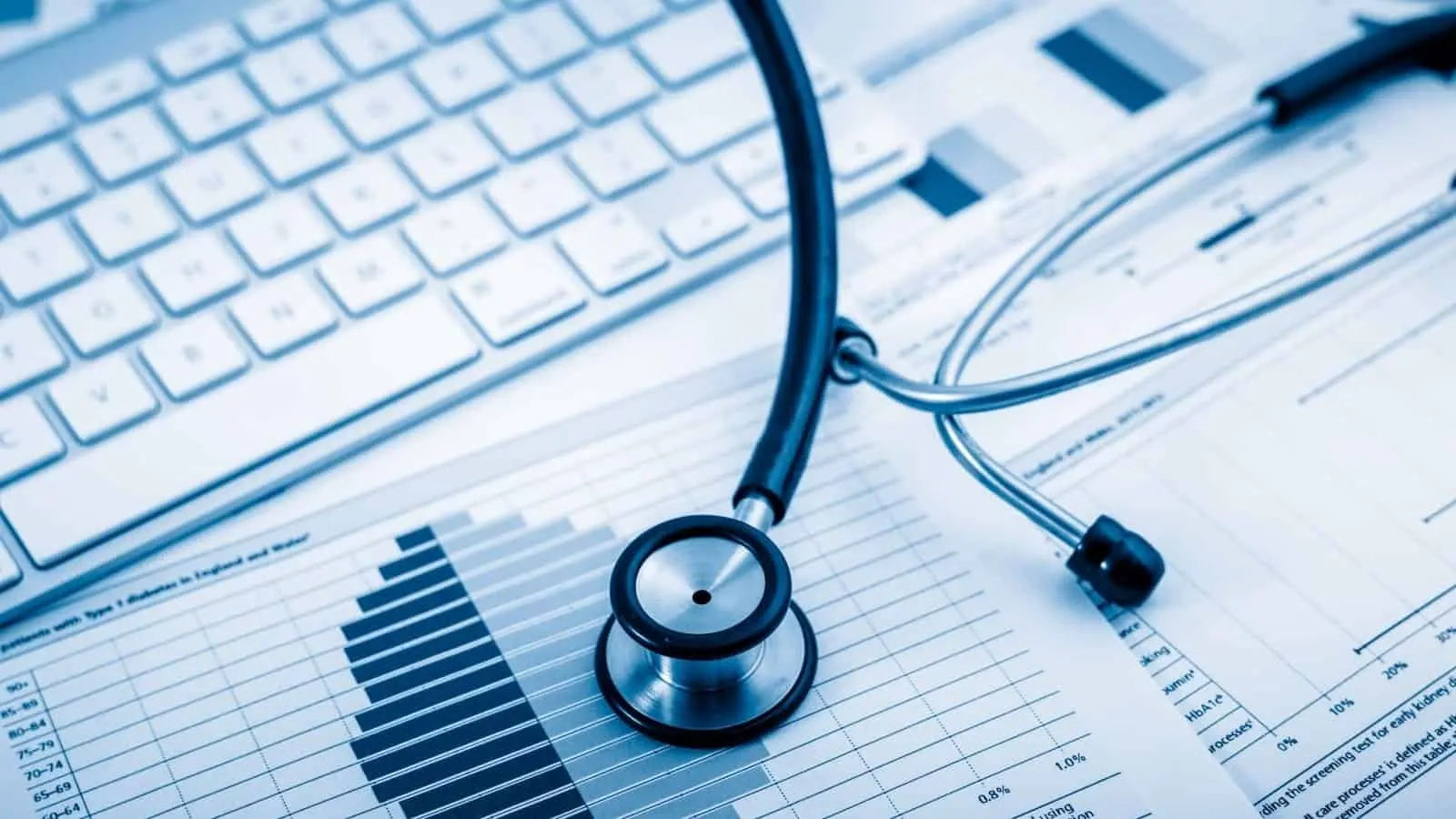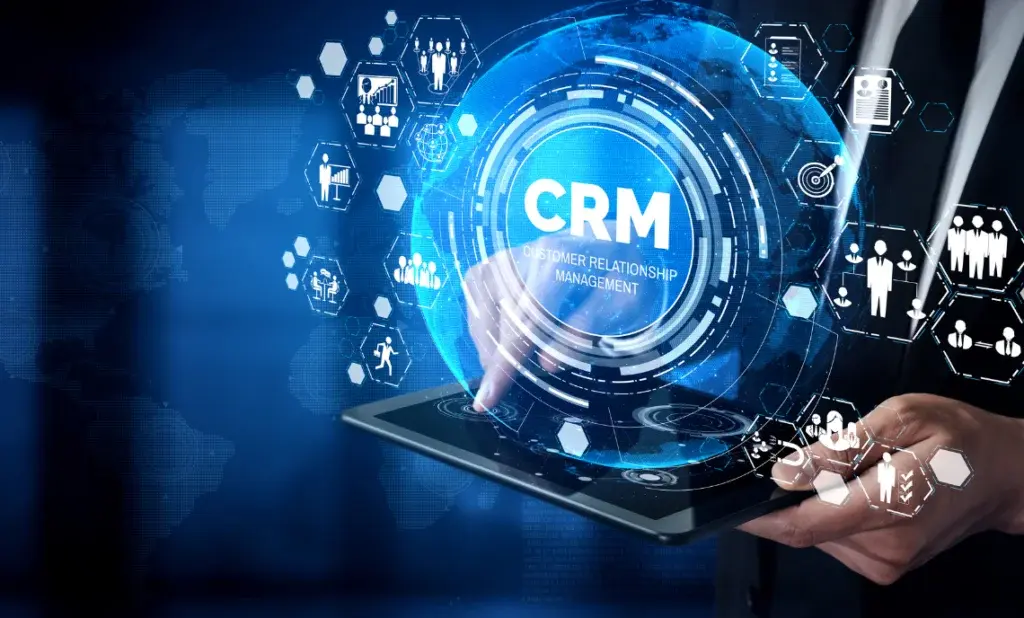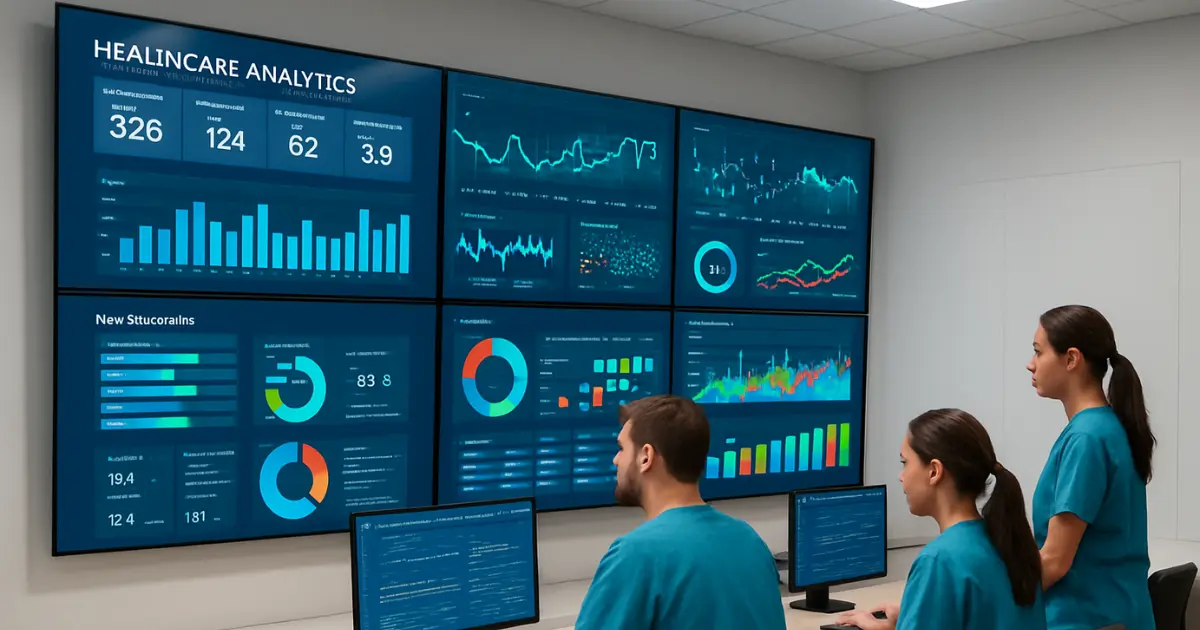In today’s healthcare environment, where patient expectations are rising and competition among providers is growing, efficient communication and personalized care have become essential. This is where Healthcare CRM (Customer Relationship Management) comes in. A Healthcare CRM helps medical organizations manage patient relationships, streamline communication, improve engagement, and ultimately deliver better care outcomes.
Let’s explore what a Healthcare CRM is, how it works, and why it is becoming a cornerstone of modern healthcare management.
What Is Healthcare CRM?
A Healthcare CRM is a specialized software solution designed to help healthcare providers—such as hospitals, clinics, and private practices—manage relationships with patients, referring physicians, insurance companies, and other stakeholders.
Unlike traditional CRMs used in sales or marketing, a Healthcare CRM is tailored to the healthcare industry’s unique needs, focusing on improving the patient journey from first contact to post-treatment follow-up. It centralizes patient data, automates administrative tasks, and provides insights into patient behavior, preferences, and care patterns.
At its core, a Healthcare CRM is a data-driven platform that allows organizations to:
- Track patient interactions and history
- Manage appointments and follow-ups
- Personalize communication and care plans
- Monitor performance metrics
- Automate patient engagement campaigns
Essentially, it serves as the bridge between healthcare providers and patients—helping build trust, loyalty, and long-term relationships.
Key Features of a Healthcare CRM
A robust Healthcare CRM comes equipped with various tools designed to improve both patient experience and organizational efficiency. Some of the most essential features include:
- Patient Data Management:
Centralizes all patient information—such as demographics, appointment history, medical records, prescriptions, and communication logs—into a unified system. - Appointment Scheduling and Reminders:
Automates scheduling, sends reminders, and reduces no-shows through SMS or email notifications. - Patient Segmentation:
Helps categorize patients based on age, health condition, location, or engagement level, enabling targeted communication and personalized care. - Communication Management:
Provides multi-channel communication tools (email, SMS, chat, and phone) to ensure timely and effective interaction with patients. - Analytics and Reporting:
Offers real-time insights into patient trends, engagement rates, and operational performance, helping administrators make informed decisions. - Integration Capabilities:
Syncs with Electronic Health Records (EHRs), billing systems, and telehealth platforms for a seamless workflow across departments.
Why Is Healthcare CRM Important?
1. Enhances Patient Experience
Patients today expect the same level of personalized service from healthcare providers that they get from other industries. A Healthcare CRM allows providers to send personalized messages, reminders, and health tips—creating a sense of care and attention that improves patient satisfaction and trust.
For example, a clinic can use CRM data to remind diabetic patients of follow-up appointments or share nutrition tips based on their medical history. This proactive communication strengthens relationships and builds loyalty.
2. Improves Patient Retention and Loyalty
Retaining existing patients is far more cost-effective than constantly acquiring new ones. CRMs help providers maintain consistent engagement through timely follow-ups, newsletters, and wellness campaigns. When patients feel cared for beyond their appointment, they’re more likely to return and recommend the provider to others.
3. Streamlines Administrative Workflows
Healthcare staff often spend significant time on manual administrative tasks—such as scheduling, billing, and responding to patient queries. A CRM automates these processes, freeing up time for staff to focus on patient care. Automation reduces errors, speeds up operations, and ensures a smoother patient journey.
4. Facilitates Better Data-Driven Decisions
Healthcare CRMs collect and analyze data from multiple sources, helping organizations identify trends and make informed strategic decisions. For example, administrators can track appointment trends, measure campaign performance, and understand which services are most in demand. This data-driven approach leads to smarter planning and resource allocation.
5. Strengthens Collaboration Across Departments
A Healthcare CRM serves as a shared hub of patient information, ensuring that doctors, nurses, and administrative staff work from the same data. This transparency minimizes miscommunication and ensures that everyone involved in a patient’s care is on the same page.
6. Boosts Marketing and Outreach Efforts
For healthcare organizations that run outreach or awareness campaigns, CRMs help target the right audience with precision. For instance, a hospital can use segmentation to promote vaccination drives to parents or wellness packages to senior citizens. Personalized, data-driven marketing improves campaign success and patient engagement.
7. Ensures Compliance and Data Security
Modern Healthcare CRMs are built to comply with healthcare regulations such as HIPAA (Health Insurance Portability and Accountability Act). They ensure that patient data is securely stored and accessed only by authorized personnel. Encryption and audit trails also add layers of protection to sensitive health information.
The Future of Healthcare CRM
As healthcare becomes more digital and patient-centric, CRM systems are evolving with new technologies such as Artificial Intelligence (AI) and Machine Learning (ML). AI-powered CRMs can predict patient behavior, automate complex workflows, and even recommend treatment follow-ups based on data trends.
Integration with telehealth platforms, mobile apps, and wearable devices further enhances the CRM’s ability to deliver real-time, personalized care experiences. The future of healthcare CRM lies in enabling predictive care, where providers can anticipate patient needs before they arise.
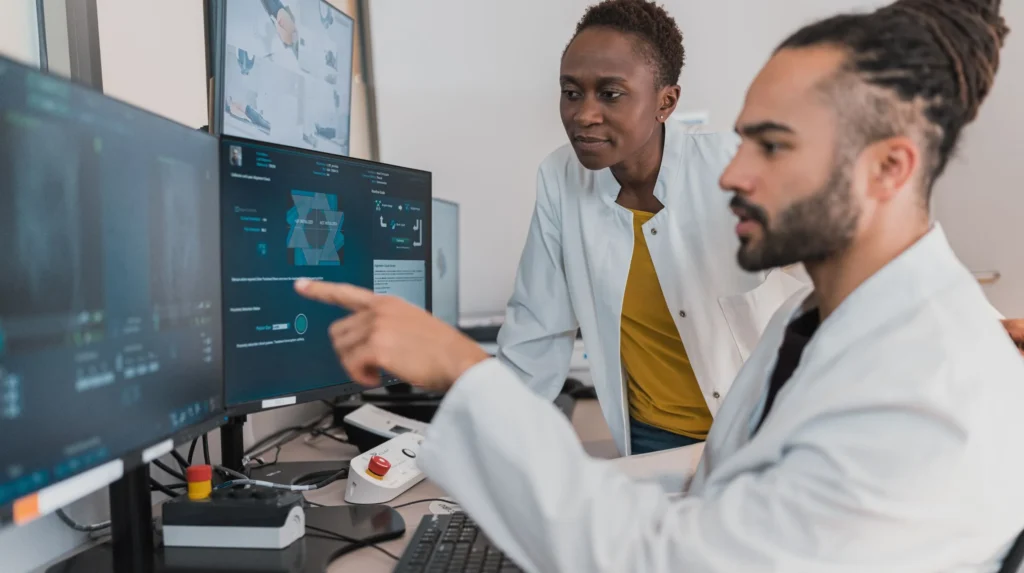
Final Thoughts
A Healthcare CRM is not just a software tool—it’s a strategic asset for any healthcare organization aiming to provide superior patient experiences, streamline operations, and make data-driven decisions.
In an era where healthcare is increasingly about personalized, proactive, and connected care, adopting a CRM system can transform how providers interact with patients and manage relationships. It bridges the gap between technology and compassion—empowering healthcare organizations to deliver care that’s not only efficient but truly patient-centered.
